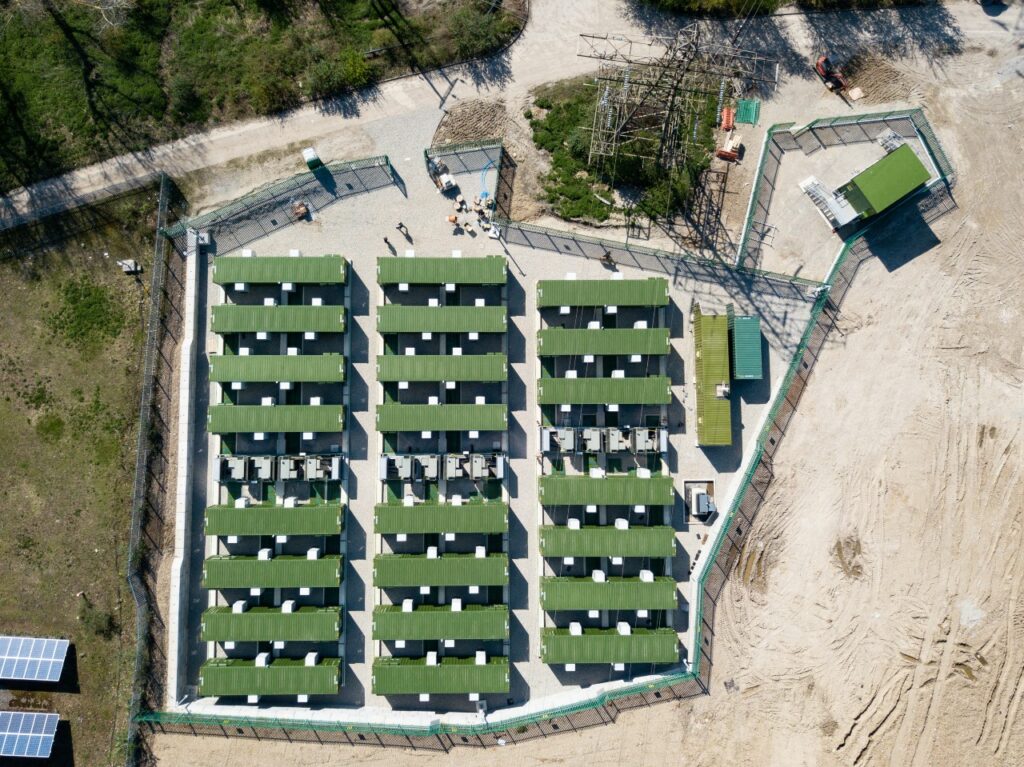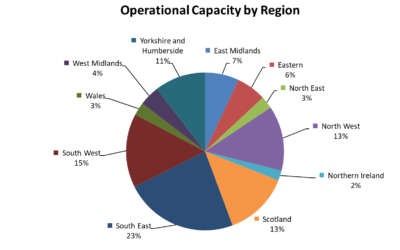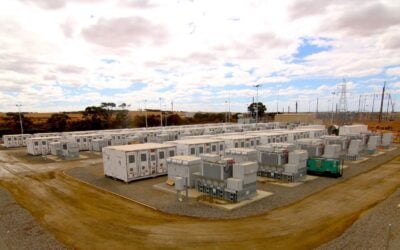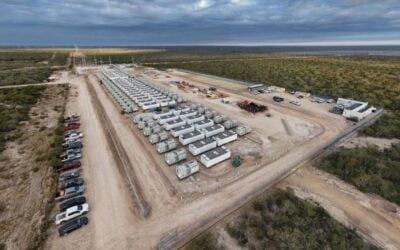
Battery storage market intelligence firm Modo Energy has released data confirming a 47% increase in weekly battery energy storage system (BESS) dispatched volume on the grid in Great Britain (GB) compared to eight weeks prior.
In January 2024, the electricity system operator National Grid ESO relaunched bulk dispatch for battery energy storage units in the Balancing Mechanism (BM) following its closure in December 2023 due to technical issues.
Enjoy 12 months of exclusive analysis
- Regular insight and analysis of the industry’s biggest developments
- In-depth interviews with the industry’s leading figures
- Annual digital subscription to the PV Tech Power journal
- Discounts on Solar Media’s portfolio of events, in-person and virtual
Or continue reading this article for free
The bulk dispatch functionality allows for more battery instructions to be issued simultaneously across the GB energy network, which includes England, Scotland and Wales, but not Northern Ireland (hence the GB prefix, rather than the UK, which does).
According to ESO data, approximately half of the battery unit dispatch volume is now being instructed through the Open Balancing Platform (OBP).
The impact of this re-introduction was felt across the battery storage marketplace, both in the increase of weekly dispatches and a newfound lack of correlation between unit size and dispatch rate.
Modo noted that the increase from both system-flagged and energy actions and was led mainly by an increase in offer volume, which rose by 54%. In addition, 86% of individual battery units have experienced rises in dispatch volume, whilst the remaining 14% has decreased since the relaunch of bulk dispatch.
On average, batteries were dispatched at 2.2MWh/MW of the unit’s rated power before bulk dispatch. Following bulk dispatch, batteries are dispatched at 3.6MWh/MW.
Once bulk dispatch had been reintroduced, Modo reported that all units saw a reduced average volume required per instruction. However, this means that batteries are being dispatched more uniformly when taken in proportion to the unit size.
Units that were seeing smaller volumes per instruction have had the smallest decrease in instruction size. Meanwhile, units that received the largest number of instructions saw the biggest reductions.
During the eight weeks before the relaunch, the difference between the smallest and largest instructions on average was 0.4MWh/MW, whereas it is now 0.1MWh/MW.
Previously, units with a higher-rated power had a higher dispatch rate. This is because, before the bulk dispatch function, these units were easier for the control room to dispatch within the timeframes required.
However, there has been no correlation between unit size and dispatch since the relaunch of bulk dispatch for batteries. Now that unit size does not determine how easy it is to dispatch, price has a greater impact on dispatch rates.
To read the full version of this story, visit Current.






